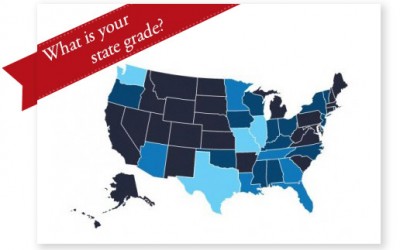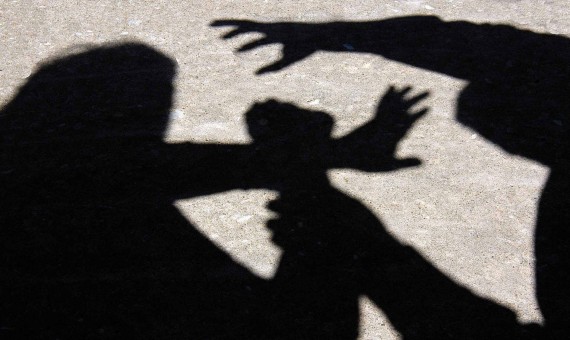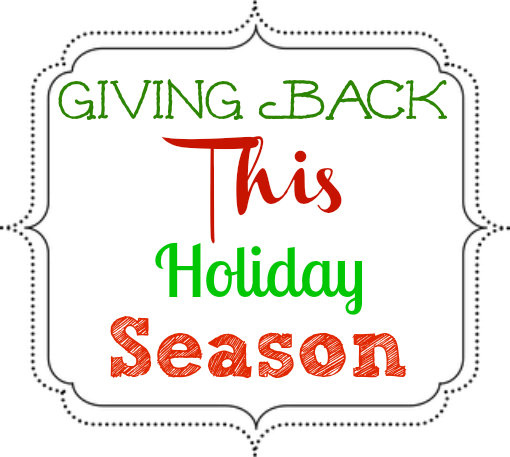 |
| Image source: International Organisation for Migration (IOM) |
According to the United Nations, human trafficking and human smuggling are some the fasest growing areas of international criminal activity. They often occur in conjunction with a number of different crimes and span several countries around the world. They are two separate crimes that involve criminals taking advantage of human beings to make massive profits. It is difficult to differentiate between the two crimes as the tend to overlap in the initial phase.
- Smuggling is "often a criminal commercial transaction between two willing parties who go their separate ways once their business is complete" whease trafficking involves threat and/or use of force, fraud or coercion against a victim.Trafficking often includes an element of smuggling, specificially, the illegal crossing of a border. However, it is not always the case as trafficking can and does take place within national borders.
- Smuggling always involves a consenting migrant who wants entry into a state illegally whereas trafficking does not. The difficulty to distinguish between the two starts when a smuggling migrant becomes trafficked victime.
- Smuggling can lead to trafficking. For example, smuggled migrants can become victims of violence and exploitation during their journey and/or upon their arrival into the state.
- Smuggling is a crime committed against a country and its borders whereas trafficking is committed against an individual.
- Smuggling is always a transnational crime as it requires illegal entry into a country whereas trafficking can be legal or illegal entry and does not require any physical movement of an individual.
Source: Blue Blindfold






















